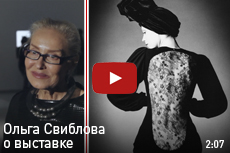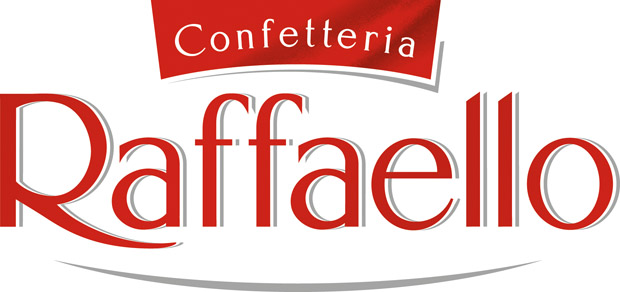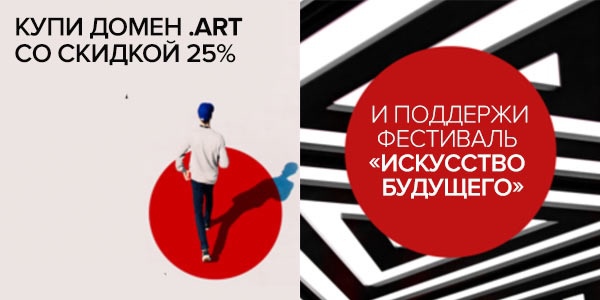Master of high style
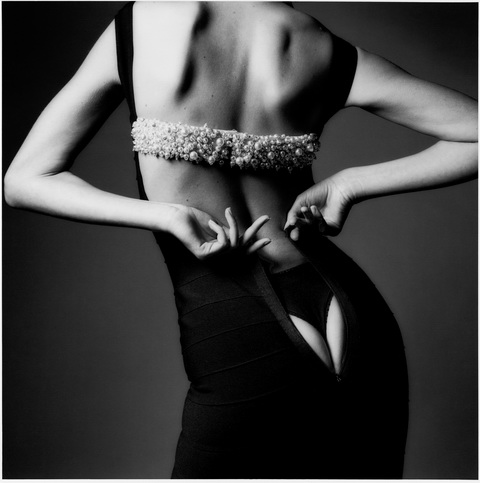
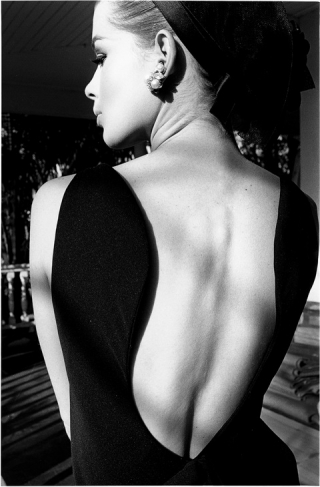
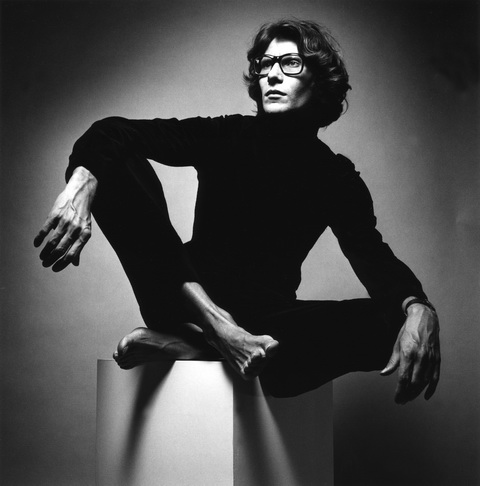
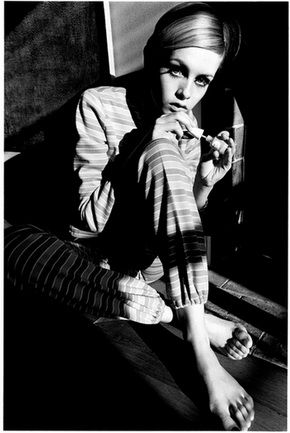
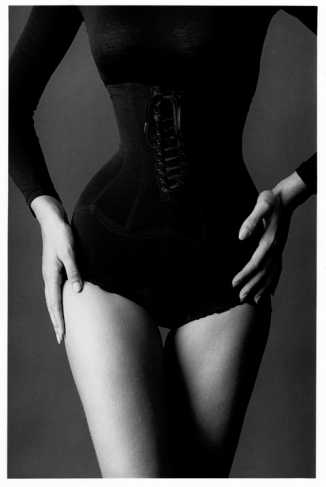
Jeanloup Sieff. Hilde in a too small dress, 1995 © Estate Jeanloup Sieff
Jeanloup Sieff. Astrid’s back, Palm Beach, Harper's Bazaar, 1964 © Estate Jeanloup Sieff
Jeanloup Sieff. Yves Saint-Laurent, Paris, 1969 © Estate Jeanloup Sieff
Jeanloup Sieff. Twiggy, 1966 © Estate Jeanloup Sieff
Jeanloup Sieff. Corset, New York, 1962 © Estate Jeanloup Sieff
For the press
As part of the 10th Moscow International Biennale of Fashion and Style in Photography 2017, MAMM presents ‘Master of High Style’, an exhibition of images by legendary photographer Jeanloup Sieff (1933 — 2000). The Moscow House of Photography Museum introduced the Moscow public to the maestro’s work at the Photobiennale 98, whose central theme was ‘Fashion and Style in Photography’.
The exposition is comprised of 67 images dating from 1952 to 2000. On show are portraits of film stars, great directors, musicians, couturiers, artists, photographers, dancers and models: Catherine Deneuve, Mia Farrow, Charlotte Rampling, Alfred Hitchcock, François Truffaut, Serge Gainsbourg, Jane Birkin, Yves Saint Laurent, Jean-Paul Gaultier, Robert Doisneau, Carolyn Carlson, Sylvie Guillem, Twiggy and many others, as well as Jeanloup Sieff’s shoots for Vogue and Harper’s Bazaar, which have today become classics of world fashion photography.
Jeanloup Sieff’s work features in the collections of major museums worldwide, including the Centre Pompidou and Musée d’Art Moderne in Paris, and the Museum Ludwig in Cologne. In a career that lasted almost half a century Jeanloup Sieff received several prestigious photography awards such as the Prix Niépce (1959) and Grand Prix National de la Photographie (1992), and in 1981 the French state appointed him as a Chevalier des Arts et Lettres.
Jeanloup Sieff was born in Paris in 1933. On his fourteenth birthday he was given a plastic Photax camera and began taking pictures. Sieff trained at the Vaugirard School of Photography in Paris and the Vevey School in Switzerland. After completing his studies he started work as an independent press photographer. Sieff wandered through the city snapping lovers in street cafés or regulars in smoke-filled jazz clubs and then offered his images and commentaries to magazines and newspapers. His early reportages imbued with the romantic atmosphere of 1950s Paris came to the attention of ELLE magazine and he began to write brief articles for them, before later progressing to his first fashion shoots.
In 1958 Jeanloup Sieff left ELLE for the celebrated Magnum Photo Agency, where he worked for several years before moving to New York in 1961. For six years Jeanloup Sieff took assignments from leading international publications such as Esquire, Glamour, Look, Vogue and Harper’s Bazaar.
Jeanloup Sieff fondly looked back on those days in an interview with Olga Sviblova in 1998, his only regret being that he never worked with Alexey Brodovitch, the great art director at Harper’s Bazaar who was obliged to leave the magazine in the early 60s for health reasons.
The photographer spent nearly all his time in the US on commissions for magazines and advertising agencies and the time came when Jeanloup Sieff, who valued his freedom and independence above all else, felt he should return to Paris. ‘I knew how many photographers operated, like Avedon and Hiro, who were friends of mine. A huge studio with maybe fourteen helpers and assistants, a laboratory and stylists. For that kind of work you must turn up every morning. I couldn’t do that. I used to wander round with my small Leica, going wherever I liked, I had freedom,’ Jeanloup Sieff recalls. ‘So I headed back to Paris. Now I’m at liberty to choose how I work, whether that’s fashion or advertising, for albums or exhibitions, or travelling the world...’
Jeanloup Sieff never divided his work into periods and genres. He could produce reportages and portraits, fashion magazine shots and nude photography in parallel. Sieff insisted that in photography there are no themes, only the photographer’s particular view of things.
Jeanloup Sieff believed that a photographer must have the ability to stay young, adventurous and inquisitive. He referred to his friends and colleagues Henri Cartier-Bresson and Jacques Henri Lartigue, who were active late in life, as ‘young photographers’, emphasising that state of mind is the driving force and age itself is unimportant.

